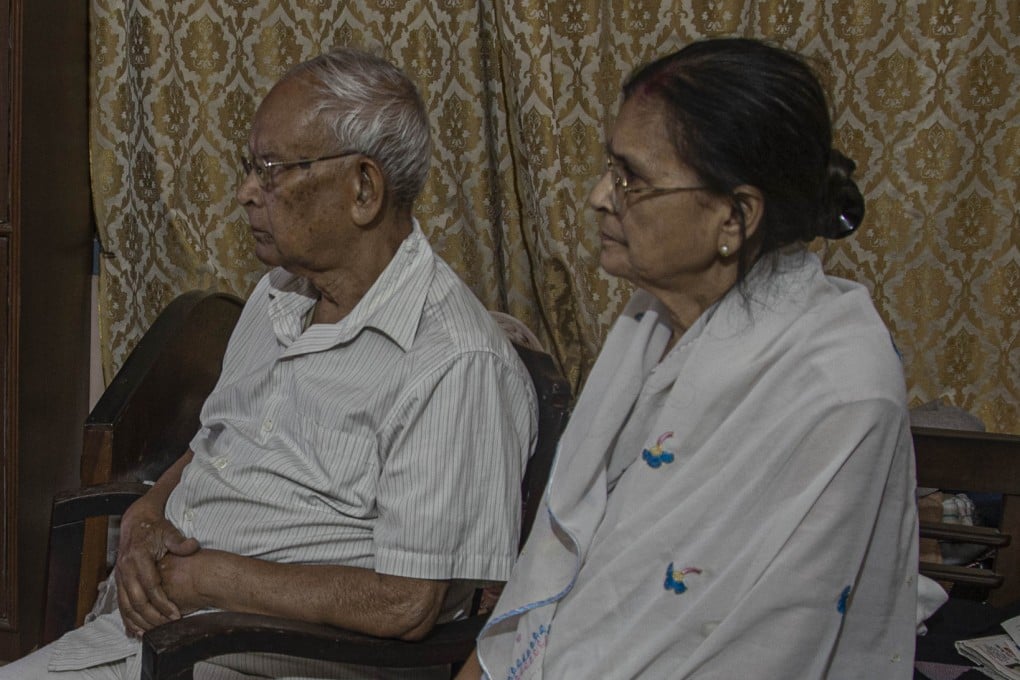Indian ‘silver’ divorces rise, with couples more like ‘roommates than soul mates’
- Fed up of arguing and putting themselves last, many Indians, often women, are opting for ‘silver’ divorces in later life, even if their families do not like it
- ‘I have less money but peace of mind’ seems a common refrain, with experts saying it is healthier to split up than to constantly fight

Arti Krishnan*, 50, a Bangalore travel industry professional, left her husband during the pandemic after 30 years of marriage. With two grown daughters who took their father’s side, she nevertheless decided to take the plunge after decades living with a controlling mother-in-law and a partner who put his mum before his wife.
“I compromised for many years as I had married young and did not even realise I had the freedom to make choices for myself,” she said.
She tried to “please everyone” and also put a lot of energy into her career “as it gave me an outlet”. She always felt unappreciated and was exhausted trying so hard to make the marriage work. When she stopped trying, it “unravelled”.
She is now divorced and lives alone in a small apartment “with less wealth but more peace of mind. I want my daughters to understand someday, that if they are in a relationship and unhappy, they always have a choice to make it better and if that fails, they should choose their happiness”.

‘Silver’ divorces, or ‘grey’ divorces, refer to later-in-life separations of couples aged 50 or above. It is a trend increasing in several countries including Australia, Britain, the US and, more recently, in India.